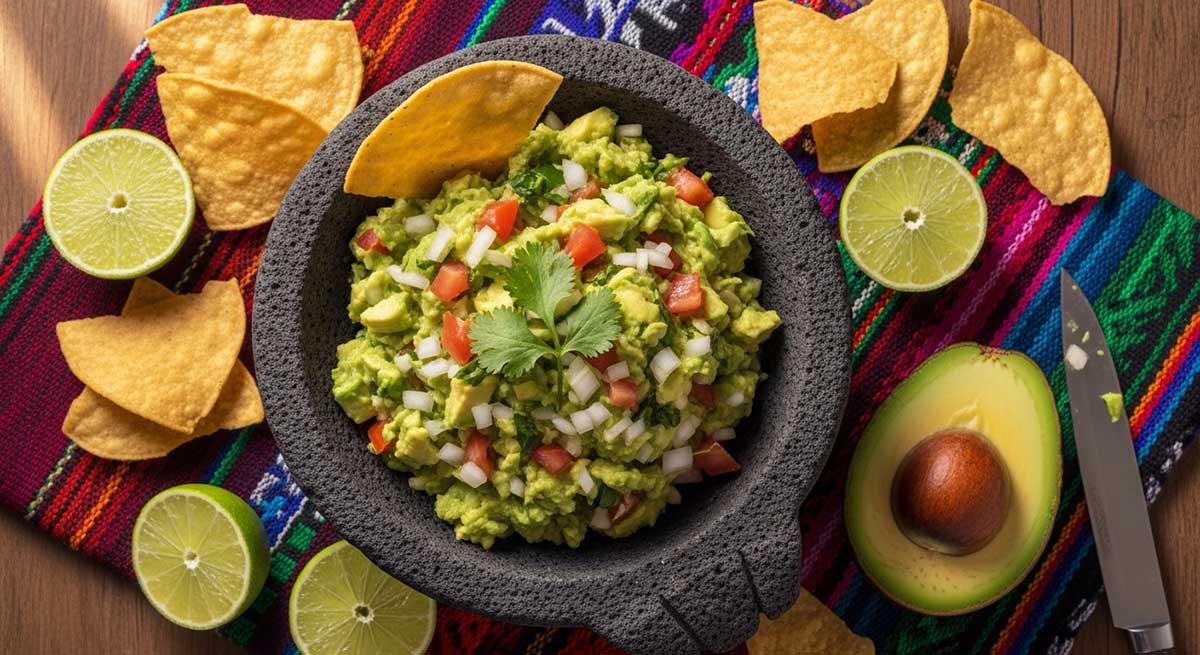Eating at least two servings of avocado per week can significantly reduce your risk of cardiovascular disease by 16% and coronary heart disease by 21% compared to those who rarely or never eat avocados, according to groundbreaking research published in the Journal of the American Heart Association.
The landmark study: 30 years of heart health data
Study overview
The most comprehensive study on avocados and heart health to date followed over 110,000 health professionals for three decades. This landmark research included:
- 68,780 women aged 30-55 (Nurses’ Health Study)
- 41,700 men aged 40-75 (Health Professionals Follow-Up Study)
- 30-year follow-up period (1990-2020)
- All participants were free of stroke, coronary heart disease, and cancer at baseline
What researchers tracked
During the study period, researchers documented:
- 9,185 coronary heart disease events
- 5,290 strokes
- Dietary patterns assessed every 4 years using detailed food frequency questionnaires
- One serving defined as half an avocado (approximately 80g)

The heart-healthy results: what the numbers show
Primary findings
| Health Outcome | Risk Reduction | Comparison Group |
|---|---|---|
| Cardiovascular Disease | 16% lower risk | Those eating ≥2 servings/week vs. rarely/never |
| Coronary Heart Disease | 21% lower risk | Those eating ≥2 servings/week vs. rarely/never |
| Stroke Risk | No significant association | All consumption levels |
Food substitution benefits
When participants replaced half a serving daily of certain foods with equivalent avocado, the cardiovascular benefits were remarkable:
| Food Replaced | CVD Risk Reduction |
|---|---|
| Butter | 16-22% lower risk |
| Margarine | 16-22% lower risk |
| Cheese | 16-22% lower risk |
| Processed meats (bacon) | 16-22% lower risk |
| Egg | 16-22% lower risk |
| Yogurt | 16-22% lower risk |
Important note: Replacing nuts, olive oil, or other plant oils with avocado showed no additional cardiovascular benefit, suggesting these are all heart-healthy choices.
Why avocados are heart-healthy: the science behind the benefits
Nutritional profile of avocados (per half avocado serving)
| Nutrient | Amount | Heart Health Benefit |
|---|---|---|
| Monounsaturated Fat | ~10g | Helps reduce LDL cholesterol |
| Dietary Fiber | ~7g | Supports healthy cholesterol levels |
| Potassium | ~485mg | Helps regulate blood pressure |
| Folate | ~81mcg | Supports cardiovascular function |
| Vitamin K | ~14mcg | Important for heart health |
| Magnesium | ~29mg | Supports heart rhythm |
The mechanisms: how avocados protect your heart
- Cholesterol management: The monounsaturated fats in avocados help reduce harmful LDL cholesterol while maintaining or increasing beneficial HDL cholesterol.
- Blood pressure support: High potassium content helps counteract sodium’s effects, supporting healthy blood pressure levels.
- Inflammation reduction: Avocados contain compounds that may help reduce chronic inflammation, a key factor in heart disease development.
- Antioxidant protection: Various antioxidants in avocados help protect against oxidative stress that can damage blood vessels.
What cardiologists say about the research
Expert perspectives
Cardiologists emphasize several key points about this research:
- Substitution matters: The greatest benefits come from replacing saturated fat sources (butter, cheese, processed meats) rather than simply adding avocados to your diet.
- Pattern recognition: The benefits likely come from the overall dietary pattern improvement, not just avocados alone.
- Consistency counts: Regular consumption (at least twice weekly) appears more beneficial than occasional intake.
Clinical implications
This research supports current dietary guidelines that recommend:
- Increasing monounsaturated fat intake
- Reducing saturated fat consumption
- Emphasizing whole, plant-based foods
- Maintaining consistent healthy eating patterns
Practical applications: how to incorporate avocados for heart health
Weekly consumption goals
- Minimum effective dose: 2 servings per week (1 whole avocado)
- Optimal serving size: Half an avocado per serving
- Best practice: Replace high-saturated fat foods rather than adding calories
Heart-healthy avocado swaps
| Instead of This | Try This Avocado Alternative |
|---|---|
| Butter on toast | Mashed avocado with herbs |
| Cheese in sandwiches | Sliced avocado with tomato |
| Bacon in salads | Diced avocado with nuts |
| Cream in smoothies | Half an avocado for creaminess |
| Mayonnaise on sandwiches | Avocado spread with lemon |
Important considerations and limitations
Study limitations
- Observational nature: Cannot prove causation, only association
- Population studied: Primarily white health professionals
- Self-reported data: Dietary intake based on questionnaires
- Stroke findings: No significant association found with stroke risk
Who should be cautious
- Individuals on blood-thinning medications (consult healthcare provider)
- Those with latex allergies (may cross-react with avocados)
- People managing caloric intake (avocados are calorie-dense at ~160 calories per half)
Conclusion
This landmark 30-year study provides compelling evidence that regular avocado consumption, as part of a heart-healthy dietary pattern, can significantly reduce cardiovascular disease risk. The key is strategic substitution—replacing foods high in saturated fats with avocados rather than simply adding them to your current diet.
Action steps for heart health
- Aim for consistency: Include at least two avocado servings weekly
- Focus on substitution: Replace butter, cheese, or processed meats
- Maintain balance: Consider avocados part of an overall healthy eating pattern
- Consult professionals: Discuss dietary changes with your healthcare provider
The research reinforces what cardiologists have long advocated: small, consistent changes in dietary patterns can have profound impacts on long-term cardiovascular health. With heart disease remaining a leading cause of death globally, incorporating evidence-based foods like avocados into your weekly routine represents a simple yet powerful step toward better heart health.
Study reference
Pacheco, L.S., et al. (2022). Avocado Consumption and Risk of Cardiovascular Disease in US Adults. Journal of the American Heart Association, 11(7), e024014.


